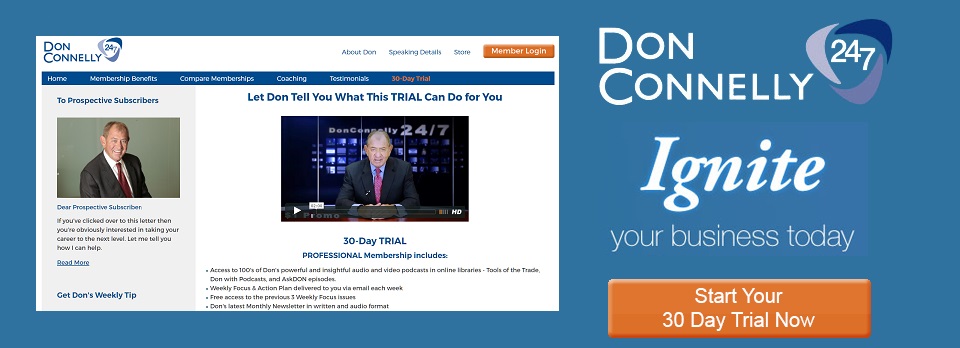Five Reasons Advisors Needn’t Fear Technology
 People are becoming increasingly adept at – and comfortable with – interacting with computers. This is fueling the debate around the merits of automated versus face-to-face financial advice. In reality, there’s no reason why both forms of communication can’t happily co-exist.
People are becoming increasingly adept at – and comfortable with – interacting with computers. This is fueling the debate around the merits of automated versus face-to-face financial advice. In reality, there’s no reason why both forms of communication can’t happily co-exist.
Technology can be a powerful aid to advisors when it comes to prospecting, building and maintaining relationships but it cannot replace the job of a full-service advisor. Here’s why.
#1. Hard skills can be outsourced to a computer – soft skills can’t
Advisors don’t just manage money, they manage emotions. When the markets take a dive, clients need face-to-face reassurance. They require the benefit of insight and experience. Robo-advisors are not equipped to do this.
There will always be times when people need personal interaction. Computers can tell you the facts. They can diagnose illness – just as they can perform risk analysis and forecasts. But when people are sick they want a face-to-face meeting with a doctor. Similarly, when investors are feeling insecure about the markets they seek reassurance from an experienced advisor.
And research appears to back this up, indicating that investors tend to turn to advisors to assist them at key life junctures e.g. when they marry, divorce or retire – events that sometimes happen suddenly. At these times people are looking for advice that transcends number-crunching.
#2. Managing finances is a full-time occupation
While a lay person may have the intellectual capacity to manage money per se, taking care of financial affairs probably isn’t their passion in life. It’s more likely to be their career, hobby or holidays. It takes years to become good at managing money – with time and focus many investors could become proficient at this – but this means leaving the rest of life’s enjoyments on the back burner.
#3. Wealthy people hire professionals to perform critical tasks
The majority of wealthy people are not in the habit of doing essential life tasks themselves. They hire people to handle things for them and this includes their finances. There’s no cachet for them in doing things at a discount – or risking their wealth on a robo-advisor.
In fact, since a wealth situation is so complex and individual, opening a DIY account at a discount firm doesn’t work for many people. There comes a point when people feel it’s a step too far to trust their hard-earned money to a robo-advisor. That’s why they choose to retain professional help in order to ring-fence their financial security.
What a professional advisor can offer goes way beyond what a computer can offer. A good financial advisor can offer a comprehensive service that takes in a 360-degree view of an investor’s finances and individual situation.
#4. Technology can be used to your advantage
In a recent report entitled ‘Sink or Swim – why wealth managers can’t afford to miss the digital wave’ PWC discuss how the digitalization of the back office can help advisors with operational efficiencies – leaving more time to spend with clients. Every hour spent on a meeting means an extra hour, at least spent on admin.
Technology can be used to automate many tedious admin tasks – for example sending out routine letters and emails, thank you notes or helping you keep track of promised follow-ups. Every advisor no matter how big or small can win by employing technology.
Social media is integral to today’s culture – with LinkedIn a great way to prospect. It’s essential to make sure your website is as good as it can be, too because people will be checking you out online.
#5. Getting creative with technology can help you attract high net worth clients
The recent PWC report also noted that high net worth individuals are enthusiastic tech adopters. Wealthy people like to go online to check out their bank accounts and investments – yet only a quarter of wealth managers currently offer anything beyond email.
So, keep clients engaged by getting creative with technology – consider using video conferencing and chat functionality, or set up personalized educational content. The buzz is currently all about Artificial Intelligence (AI) so this is an area to keep an eye on going forward.
To remain competitive financial advisors need to offer a personalized – yet modern – approach and combine the best of technology with effective human communication.




